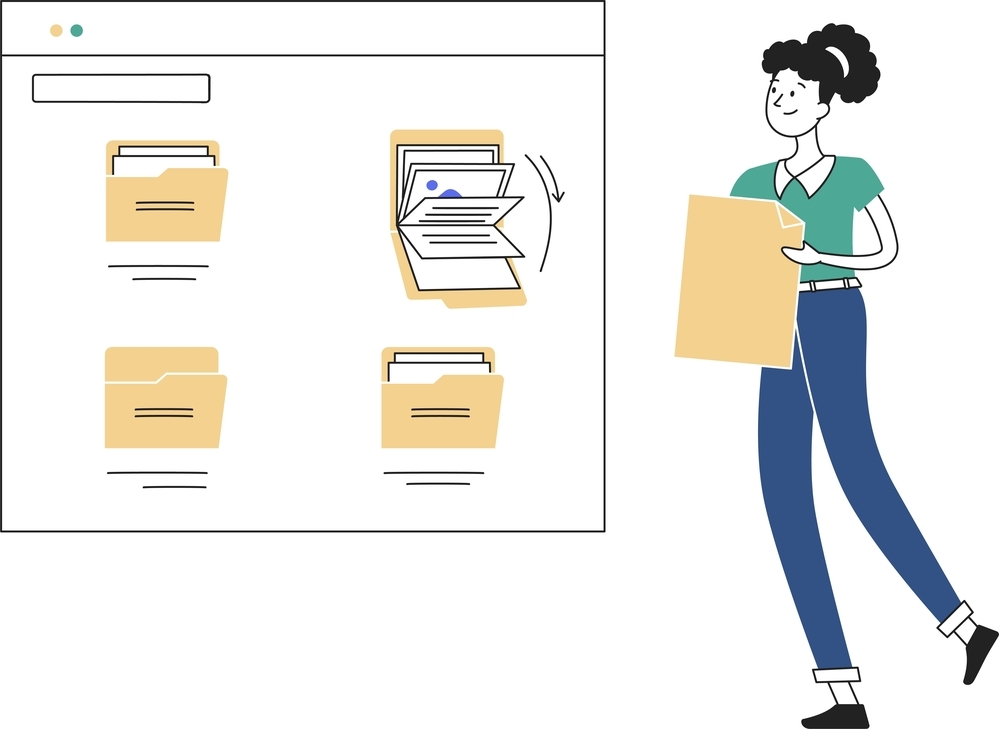Let's address some of the common myths, FAQs and questions we get about moving to HubSpot from WordPress. We know you may still have some reservations or people you need to persuade inside your organisation. We're here to demystify the process.
First of all, this blog is based on our webinar. So if you're more of the audio-visual sort, you can watch the webinar and download the slide deck, here:

1. Isn't WordPress free?
Sort of. Yes, you can download the open source code for WordPress to install it on your own server or on your own hosting company.
But 'open source' means free in the sense of speech, not free in the sense of beer, because you still have to pay for the hosting and you still have to configure and install it all. To put it another way, you can download free designs for an aeroplane, but you've still got to go into the hangar and build it.
If you want to have a WordPress site that is secure, high performance, search engine optimised, properly integrated with all the plugins and so on, you are going to be paying about £100-£200 a month for that. A lot of the plugins are free with an option to pay - which, if you respect the developers - is the ethical choice to make.
And then you need developer support. You'll need somebody like Articulate just to look over your shoulder and help if things go wrong. Our friends BrewPixel do a lot of WordPress sites for people, and they have a £50 pound WordPress support charge.
There are some hidden costs of WordPress. You don't have to pay all this, but you probably want to if your business depends on it.
2. Isn't HubSpot expensive?
People will look at the HubSpot Pro Marketing Hub and HubSpot CRM Sales Pro, HubSpot Enterprise and yes, you can spend £10,000 pounds a month on HubSpot Enterprise Software. We have customers who do. But they pay that because they need the functionality and it adds value to their business.
However, the on-ramp to HubSpot for CMS is less than £20 a month. For CMS Starter, which launched recently, you get all the functionality and security you could ask for. There are some things you don't get like A/B testing, some of the SEO tools, a staging environment and personalisation. But you can get started with a HubSpot CMS website for less than it costs to host a WordPress website with WP Engine.
There's really no reason not to do HubSpot on cost grounds, in our view. In fact, the other functionality in HubSpot, such as Sales or Ops, all have either free or startup pricing.
You don't need any of those things to make the website work. You can just build a HubSpot CMS website and be done with it. Of course they make it attractive for you to upgrade, but it's all about paying for what you need, when you need it.

3. Aren't there a lot of WordPress developers (and too few HubSpot developers?)
You can't move for WordPress developers. There are some good ones, and plenty of people who just know how to use a theme with a few add-ons. What we're saying is, just because there are a lot of them, it doesn't mean they're all good.
When clients come to us with a WordPress site, almost all of the time they are not well architected. In these cases, what a developer has done is they've bought an off-the-shelf theme and lightly customised it. Or they've used a page builder to make bloated websites that look okay, but they're not very performant and they're not very easy to maintain.
Of course you can find a good developer for WordPress. But in the same breath, you can also find a good developer for HubSpot. Underneath, it's still building a website. It's still HTML, CSS and JavaScript. A good developer will be at home in HubSpot within a few weeks to a couple of months. A bad developer will make a pig's ear out of either platform.
4. Can you use plugins with HubSpot?
There are bazillions of plugins for WordPress. On the face of it, that looks like a real plus. There's a plugin for everything you can think of. The downside is a lot of unknowns: who knows who wrote them, who knows if they're safe, who knows if they're going to be updated.
You could end up with 38 plugins from 38 developers that aren't being updated and you don't know anything about their security.
You can't use WordPress plugins in HubSpot. For the most part, the most common use cases of such a plugin are irrelevant in HubSpot. You don't need them. The functionality is already in HubSpot.
For any other instance, there is a marketplace for modules, themes and apps that connect to HubSpot. HubSpot validates everything in this library of add-on resources for functionality and security.
5. Will you be locked into HubSpot?
Absolutely not.
Oh and you absolutely can get locked into WordPress, by the way.
We've seen developers who've taken the basic WordPress and then added elements - for well-intentioned or malevolent reasons - that stop the customer being able to access the underlying WordPress infrastructure. They can't access their code and they can't export anything. And we've seen a couple of cases where developers have actually charged people to be let out of WordPress. In HubSpot, there are buttons for you to export blog posts and pages as CSV files. Easy as that.
Also, contractually, you would have the relationship with HubSpot, not the developer or agency. The developer wouldn't be able to lock you out of your own site. If you fire the developer and get a different developer, it's still your site and your HubSpot tenant.
Got any questions?
OK, so those are the FAQs. If you want to ask something that's not as frequently asked, then we love puzzling out weird head-scratchers. Ask away.






